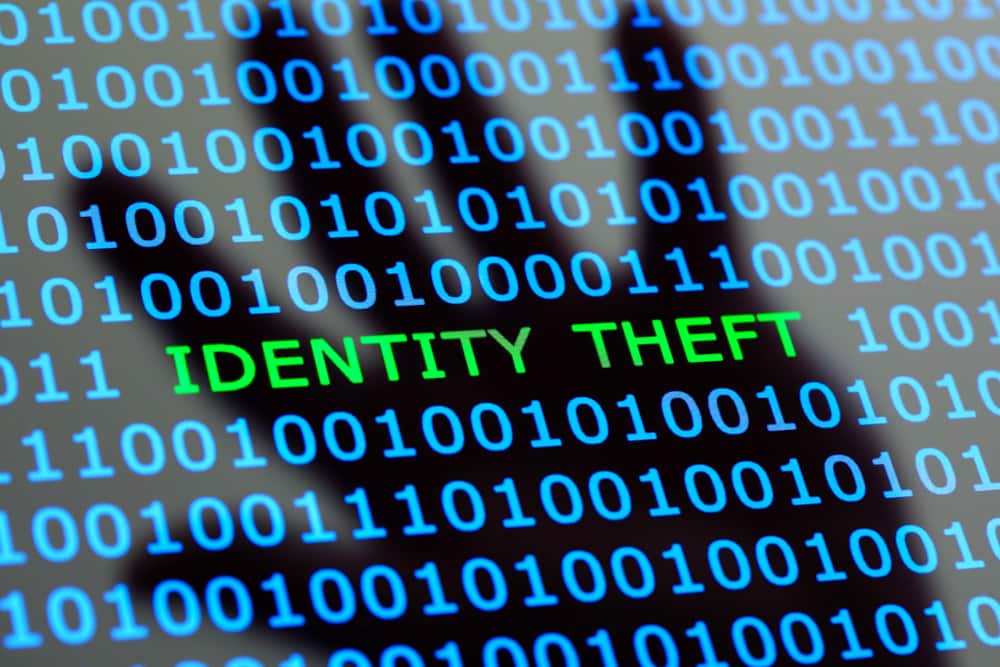
Identity theft –the deliberate, illegal use of someone else’s identity–might sound intangible, but it is very real and its dangers can be significant. With identity theft, criminals can steal money and property, obtain credit or other financial benefits in our names, and cause irrevocable harm to our financial and personal lives.
There are really two types of identity theft: account takeover and identity takeover.
Account takeover is the hijacking of existing consumer accounts– like those for credit cards, banks, e-currency, email and social media—by criminals online.
Identity take-over involves the use of a victim’s identity for nefarious purposes. The root of all identity take-over revolves around the hacker obtaining a victim’s personal data, including valuable information like his or her social security number, mother‘s maiden name, date of birth, driver’s license, and home address. With these details in hand, a criminal can successfully assume a victim’s identity online without much difficulty.
RKN Global Reminds Us that Identity Theft is a Global Problem:
Identity theft continues to be a global problem world-wide, with criminals breaching online personal and business data which translates into billions of dollars of losses.
A 2015 Barclays research note reported that credit card account takeover in the United States is 47% of the global total, even though the U.S. represents 24% of the global credit card market. But the truth is that no country is immune.
Credit card account takeovers do not respect borders, however. Criminals often use accounts stolen from one country to make fraudulent transactions in another. The problem quickly expands beyond the individual and beyond borders to become a global scourge.
Unfortunately, both types of identity theft are likely to continue unabated. One estimate noted that 690 major data breaches that occurred through November 2015 resulted in the theft of more than 175 million records, a considerable amount of which will be fully exploited and monetized by the end of 2016.
Cyber security threats against our identity—against both our accounts and our actual online identity—will continue to plague us in the years ahead. This should lead us to proactively take steps to protect ourselves and our online identity.



